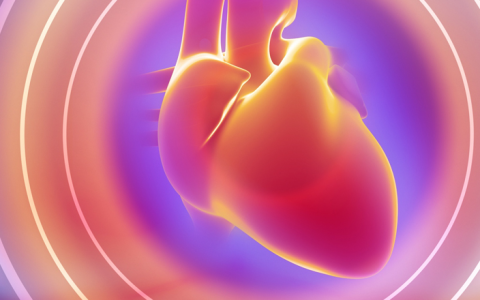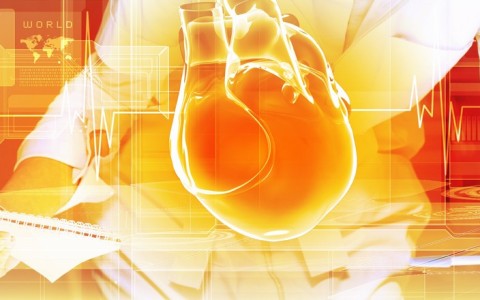What are mitochondria? They are the microscopic “power plants” inside your cells that produce the energy that runs your body. Mitochondria are microscopic refineries that make adenosine triphosphate (ATP) − the body’s basic fuel − from oxygen and… Continue Reading









